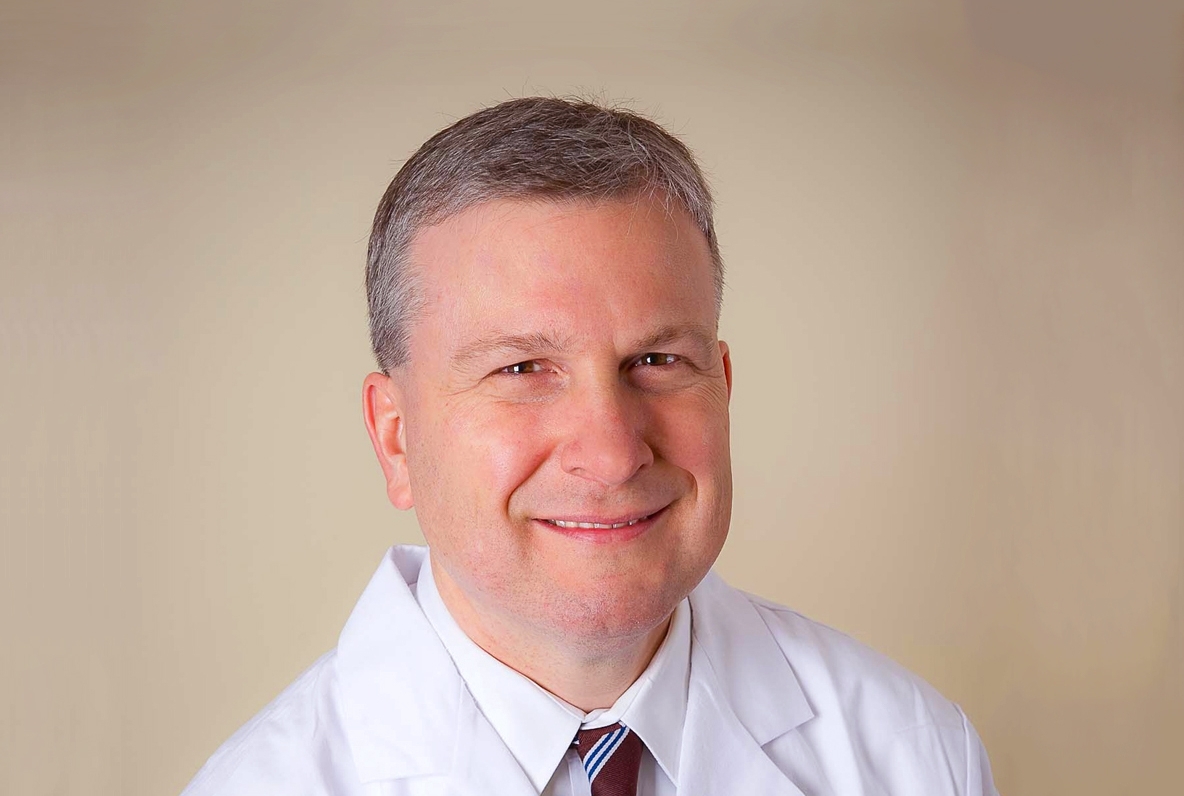Dr. John Leonard, an esteemed physician-scientist who specializes in lymphoma research and treatment, has been named senior associate dean for innovation and initiatives at Weill Cornell Medicine.
Dr. Leonard will lead the institution’s efforts to foster a dynamic culture of entrepreneurship and innovation and promote commercialization opportunities for inventions developed by Weill Cornell Medicine investigators. He will oversee the expansion of a robust innovation ecosystem that will accelerate the transfer of technologies to industry partners and the healthcare marketplace in order to maximize their impact.
In his new role, Dr. Leonard will head the newly created Office of Entrepreneurship, which will serve as a virtual front door that unifies WCM’s innovation and entrepreneurship services, including industry engagement and alliances, technology transfer services—which include patenting, licensing and marketing—entrepreneurial and commercialization programming, education, mentoring, and other resources. By expanding a centralized infrastructure to support faculty, students and post-doctoral associates, the office will seek to simplify the commercialization process and cultivate collaborations with industry at all stages, from discovery and translation to market entry.
“Innovation is the key to advancing healthcare, and the growth of this enterprise will enhance our institution’s ability to translate research from bench to bedside, ensuring a broader application of our discoveries to patients and society,” said Dr. Augustine M.K. Choi, the Stephen and Suzanne Weiss Dean of Weill Cornell Medicine. “As a skilled physician-scientist with vast experience fostering industry collaborations, Dr. Leonard is the ideal choice to lead Weill Cornell Medicine’s efforts to promote a vibrant culture of entrepreneurship and innovation.”
Dr. Leonard will work closely with Dr. Choi and other senior leaders in developing new business, funding and philanthropic opportunities to advance strategic initiatives in research, patient care and education. Under his leadership, the institution will enhance engagement with faculty and Cornell University’s technology transfer team to identify opportunities in which Weill Cornell Medicine intellectual property can be cultivated and ultimately applied to healthcare through startup companies or licensing agreements with companies that can further develop innovations.
“Weill Cornell Medicine is at the nexus of patient care, education and research, which allows us to be thoughtful about what medical problems exist, identify potential solutions and opportunities to make a difference, and translate findings into new therapies and interventions,” said Dr. Leonard, who is the Richard T. Silver Distinguished Professor of Hematology and Medical Oncology and a professor of medicine. “But getting new innovations across the finish line requires collaboration, often with industry partners, to scale up findings for application in healthcare. Ultimately, we want the work we do here to have a real impact on patients. By fostering an entrepreneurial environment, we can do that.”
One way Dr. Leonard will cultivate that environment is by supporting collaborations across the entire Cornell University system, working closely with leadership and investigators at Weill Cornell Medicine, Cornell’s Ithaca campus and Cornell Tech. He will be responsible for the institution’s existing innovation ecosystem, which includes Weill Cornell Technology Licensing and Business Development.
Additionally, Dr. Leonard will oversee the Office of Biopharma Alliances and Research Collaborations, including the Bioventure eLab and Daedalus Fund for Innovation, and WCM participation in the Tri-Institutional Therapeutics Discovery Institute (Tri-I-TDI) and Bridge Medicines. These and related initiatives comprise the Weill Cornell entrepreneurial ecosystem and provide a broad pipeline for the development of novel ideas and biomedical technologies, from lab to marketplace.
The entrepreneurship team will continue to prioritize outreach to venture capital groups and biotech, pharmaceutical and medical device companies, leveraging existing relationships and creating new connections to grow the institution’s national presence as a leader in innovation. In addition, the program will continue the advancement of the institution’s portfolio and pipeline of technological innovations—from therapeutics to digital health to diagnostics and devices—developed by faculty.
Under Dr. Leonard’s leadership, the Office of Entrepreneurship will expand existing Weill Cornell initiatives, such as the Dean’s Symposium on Entrepreneurship and Academic Drug Development. It will also cultivate opportunities such as the entrepreneur-in-residence program, which allows faculty to engage with on-site experts working in industry to gain insight and guidance on projects and ultimately boost their appeal to investors and biopharma partners. A range of educational programs includes lectures with industry panelists, trainings on how to be competitive for entrepreneurship grant opportunities, and events that highlight Weill Cornell Medicine startups and activities. Providing critical guidance and mentorship to students, postdocs and faculty who may be new to the entrepreneurial space will be an overarching priority.
Dr. Leonard earned his medical degree from the University of Virginia School of Medicine and has been at Weill Cornell Medicine since his training as a resident, chief resident and hematology-oncology fellow. He is currently executive vice chair of the Weill Department of Medicine, and the Richard T. Silver Distinguished Professor of Hematology and Medical Oncology. He has previously served as the director of the Joint Clinical Trials Office at Weill Cornell Medicine and NewYork-Presbyterian/Weill Cornell Medical Center.
An internationally recognized expert on hematological malignancies, Dr. Leonard has pioneered the development of novel therapeutics in lymphoma and chairs the Lymphoma Committee for the Alliance for Clinical Trials in Oncology, a section of the National Clinical Trials Network of the National Cancer Institute. He has been elected to the American Board of Internal Medicine subspecialty board for hematology and is a member of the American Society for Clinical Investigation. In 2017, he received the Miriam G. Wallach Award for Excellence in Humanistic Medical Care from NewYork-Presbyterian. He has been a board member of the Leukemia and Lymphoma Society/New York City Chapter, and has also served as chair of the scientific advisory board and board member of the Lymphoma Research Foundation, which honored him with its Distinguished Service Award in 2018.

